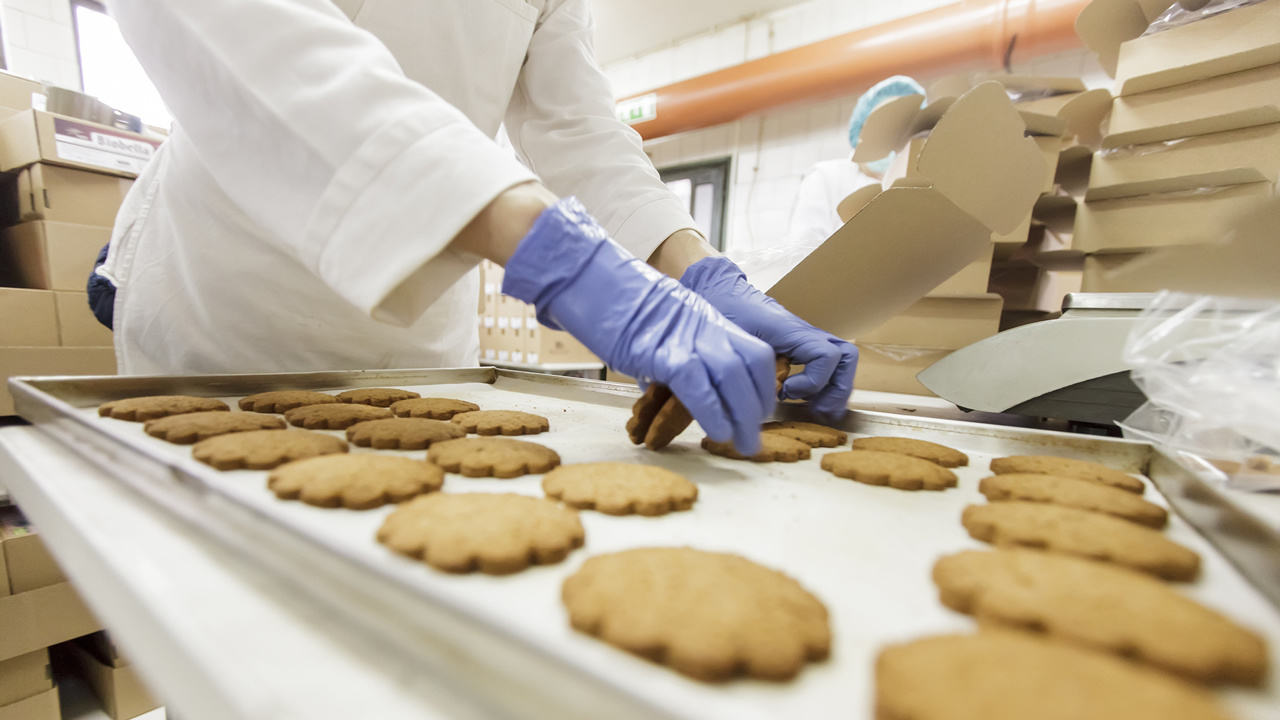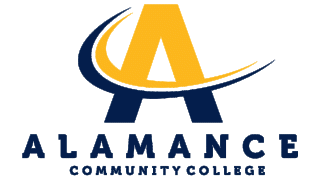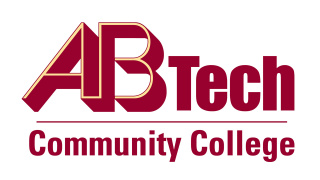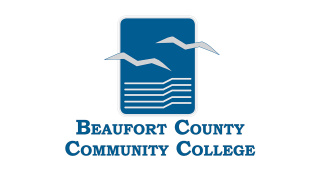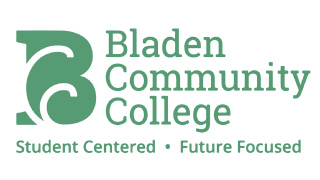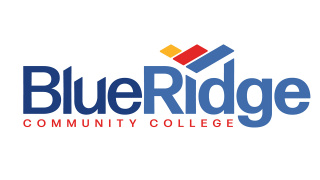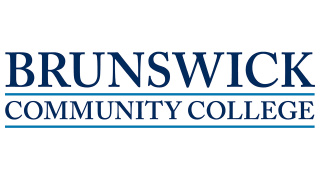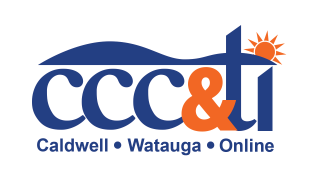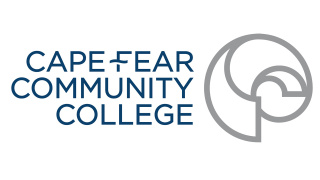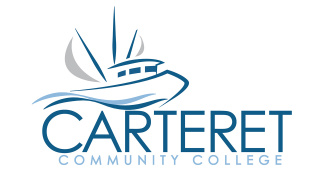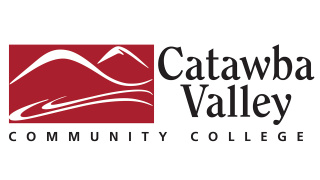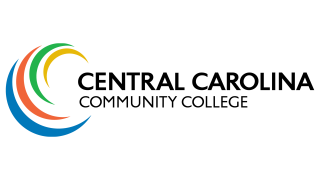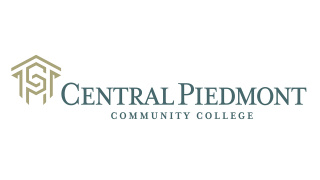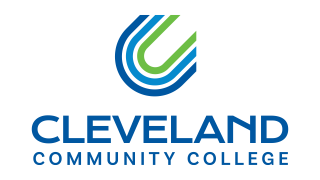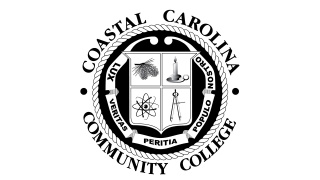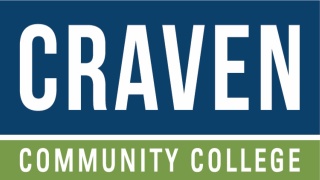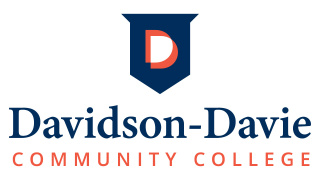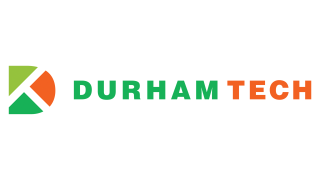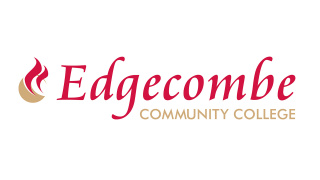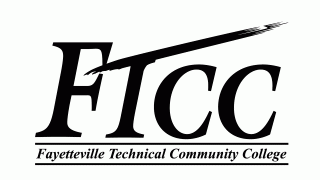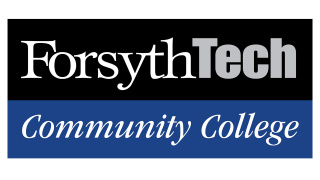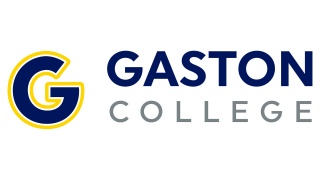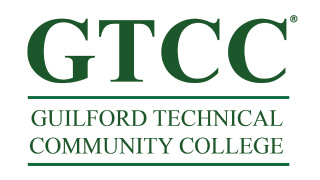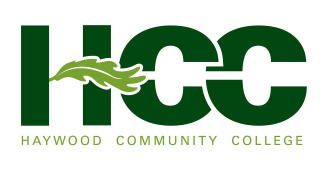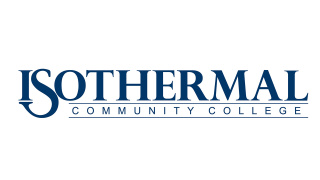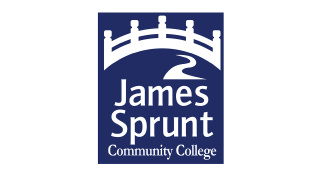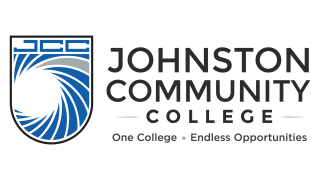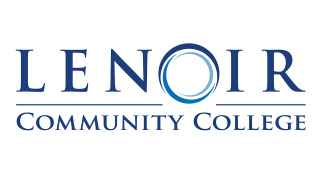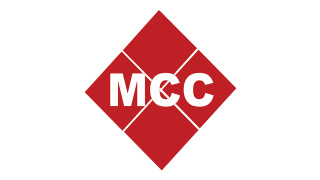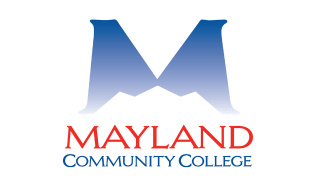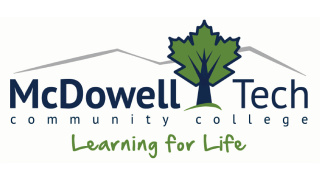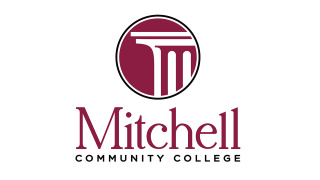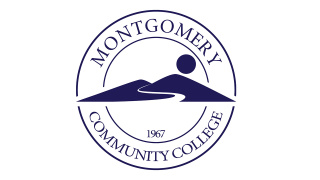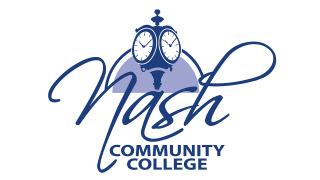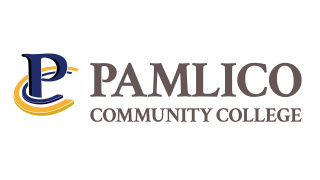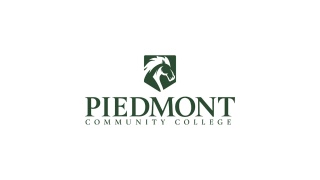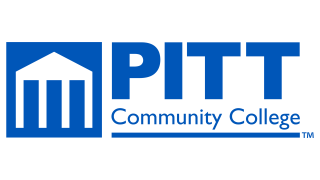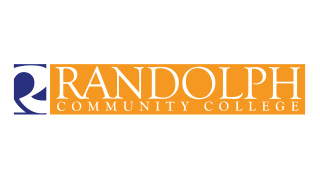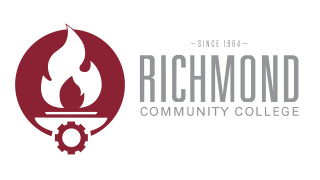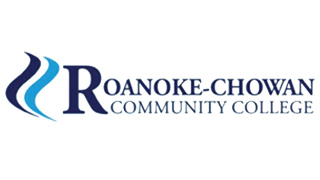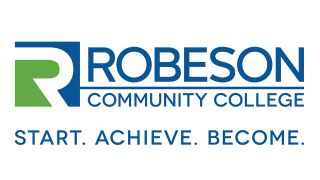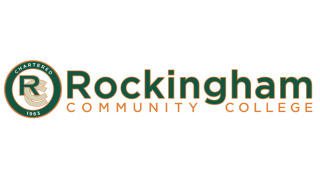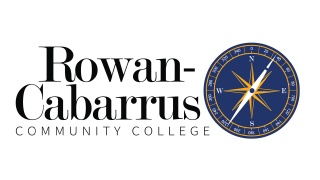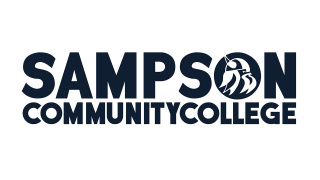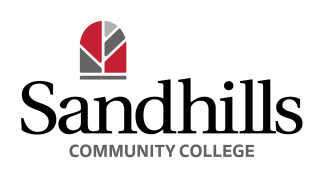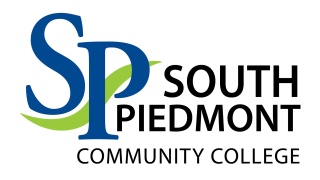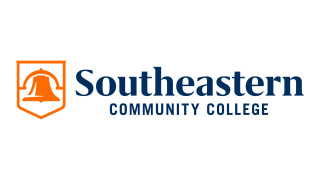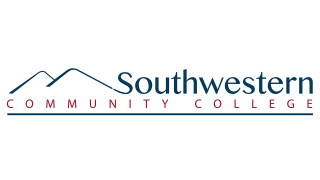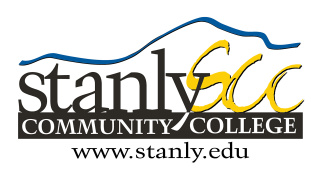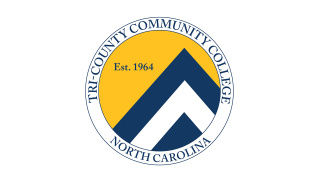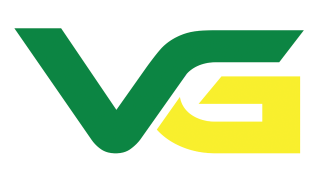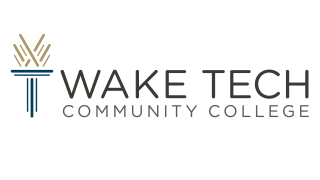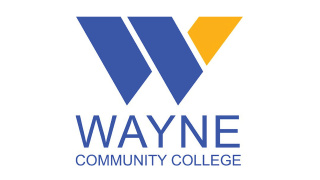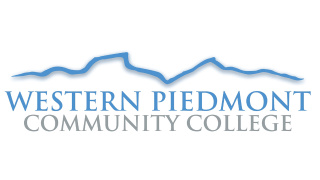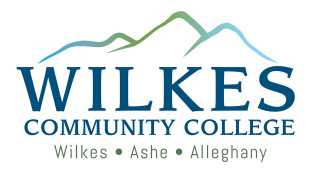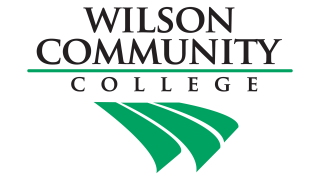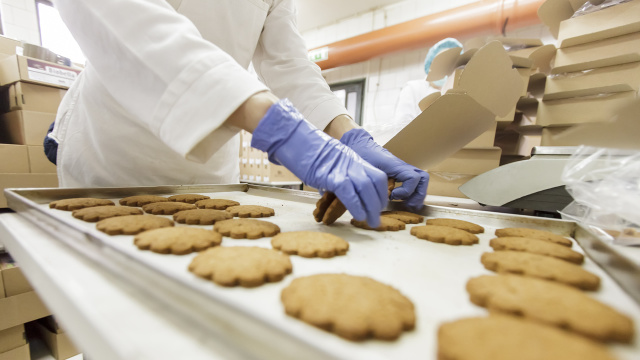This course will provide an overview of preventive control considerations that supports the FSMA Final Rules for Preventive Controls for Human and Animal Food. Identifying the appropriate preventive control is critical in preventing the hazard from occurring and is a pillar concept behind the new FSMA Preventive Control Rules. An overview of preventive controls will be discussed including process controls, food allergen controls, sanitation controls, supply-chain controls, recall plans, and the relationship of preventive controls and critical control points (CCPs).
If you would like to take part 2, please make sure you take the asynchronous part 1 course before taking part 2. In order to receive a certificate from the FSPCA, course requires completion of an asynchronous online portion of Preventive Controls for Human Foods part 1.
Successful completion of FSPCA Preventive Controls for Human Food requires attendance at all sessions. Upon completion of this course you will obtain your PCQI certificate.
We designed this course for food safety professionals, including:
- Production Supervisors
- Production, Quality, and Executive Management
- Food Safety Team Members
- HACCP Team Members
- Audit Team Members
This 8-hour course requires one day to complete and covers:
- Food Safety Modernization Act
- Food Safety Plan
- CGMP and Prerequisites Programs
- Biological Food Safety Hazards
- Chemical, Physical, and Economically-Motivated Hazards
- Process, Food Allergen, Sanitation, and Supply Chain Preventive Controls
- Verification and Validation
- Record Keeping
- Recall Plan
- Understand the differences between Hazard Analysis Critical Control Point (HACCP) and Hazard Analysis and Risk-Based Preventive Controls.
- Identify process preventive controls (CCPs) and apply critical limits to control-identified hazards.
- Identify allergen, sanitation and supplier preventive controls (PCs).
- Apply parameters and values to support the control of the identified hazard.
- Monitor critical limits and parameters.
- Assign and take corrective or preventive action (CAPA) when control is compromised.
Delivered in-person in a classroom or lab setting.
Delivered online with a live instructor at a scheduled date and time.
This course will provide an overview of preventive control considerations that supports the FSMA Final Rules for Preventive Controls for Human and Animal Food. Identifying the appropriate preventive control is critical in preventing the hazard from occurring and is a pillar concept behind the new FSMA Preventive Control Rules. An overview of preventive controls will be discussed including process controls, food allergen controls, sanitation controls, supply-chain controls, recall plans, and the relationship of preventive controls and critical control points (CCPs).
If you would like to take part 2, please make sure you take the asynchronous part 1 course before taking part 2. In order to receive a certificate from the FSPCA, course requires completion of an asynchronous online portion of Preventive Controls for Human Foods part 1.
Successful completion of FSPCA Preventive Controls for Human Food requires attendance at all sessions. Upon completion of this course you will obtain your PCQI certificate.
We designed this course for food safety professionals, including:
- Production Supervisors
- Production, Quality, and Executive Management
- Food Safety Team Members
- HACCP Team Members
- Audit Team Members
This 8-hour course requires one day to complete and covers:
- Food Safety Modernization Act
- Food Safety Plan
- CGMP and Prerequisites Programs
- Biological Food Safety Hazards
- Chemical, Physical, and Economically-Motivated Hazards
- Process, Food Allergen, Sanitation, and Supply Chain Preventive Controls
- Verification and Validation
- Record Keeping
- Recall Plan
- Understand the differences between Hazard Analysis Critical Control Point (HACCP) and Hazard Analysis and Risk-Based Preventive Controls.
- Identify process preventive controls (CCPs) and apply critical limits to control-identified hazards.
- Identify allergen, sanitation and supplier preventive controls (PCs).
- Apply parameters and values to support the control of the identified hazard.
- Monitor critical limits and parameters.
- Assign and take corrective or preventive action (CAPA) when control is compromised.
